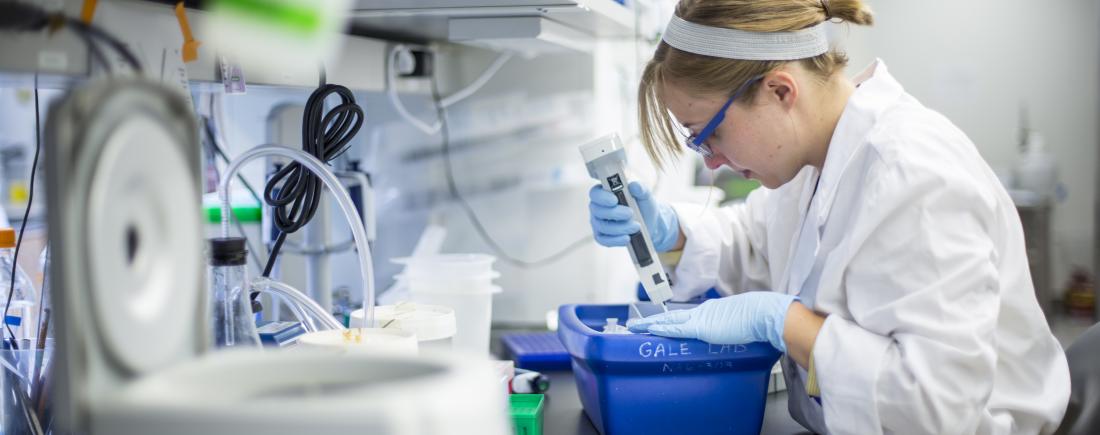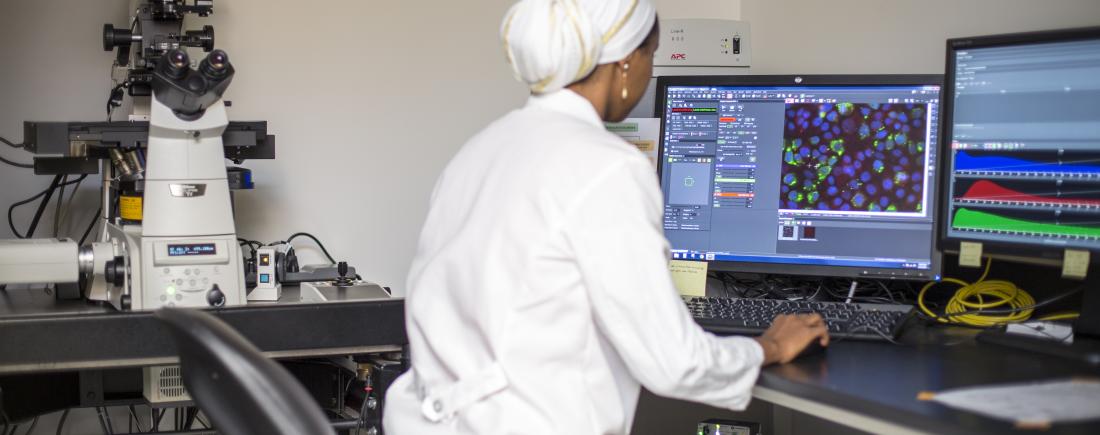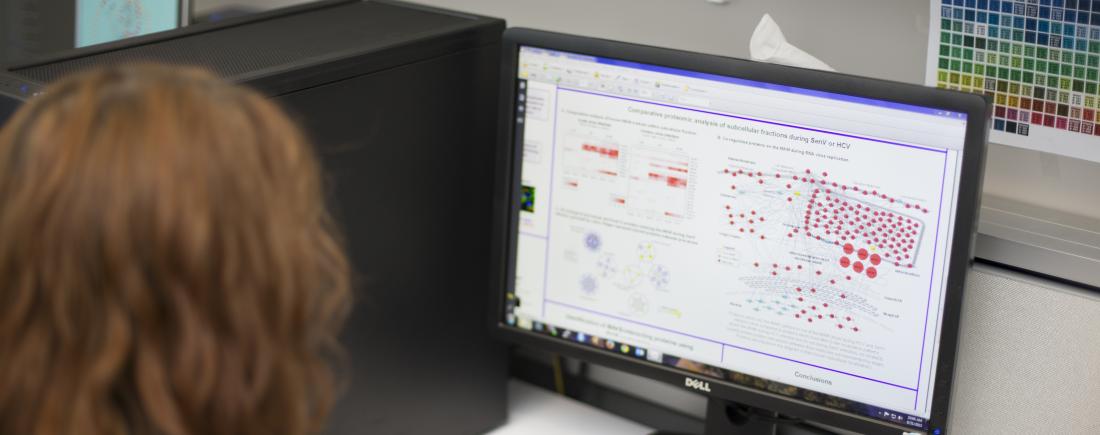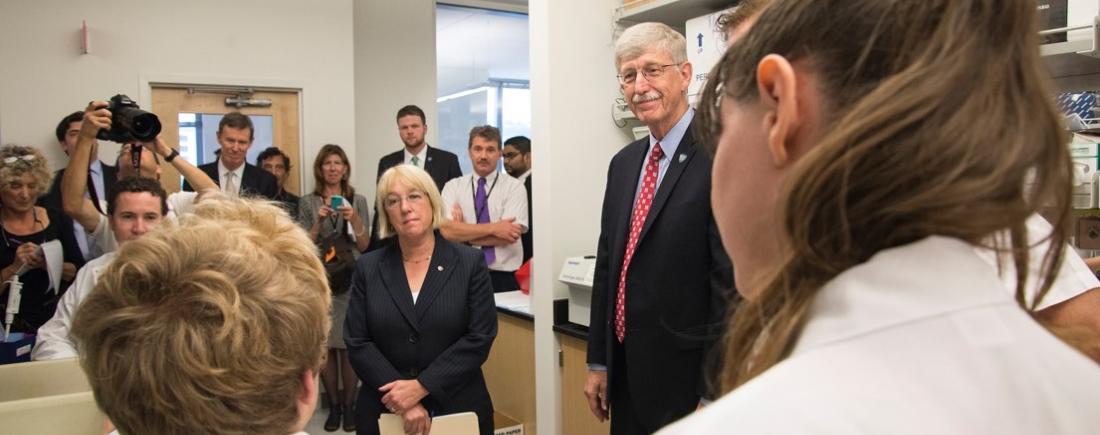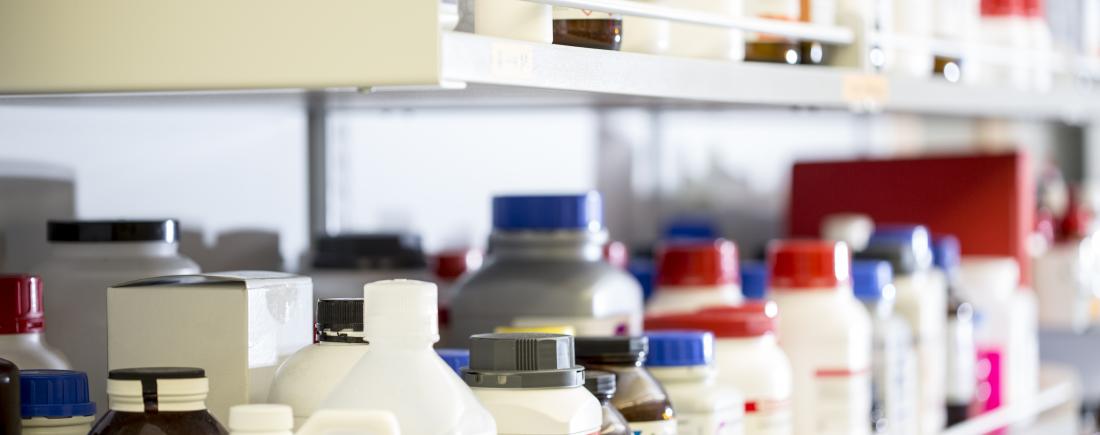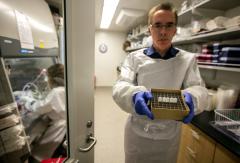We link multiple biomedical disciplines for research, training, and program development in the field of innate immunity.
IMPORTANT
SARS-CoV-2 and COVID-19
The CIIID is working with colleagues across the local, national, and global responses to SARS-CoV-2 infection and COVID-19 disease. Our member’s efforts include in-depth research and development activities to understand the virus-host interactions that regulate the innate and adaptive immune response to SARS-CoV-2 infection, to identify immune correlates of protection, build therapeutic antibodies, develop a novel vaccine against SARS-CoV-2, and identifying innate immune interventions to control COVID-19 disease.
For updates on local and global COVID-19 status, the following resources are available:
- ‹ previous
- 4 of 6
- next ›
- ‹ previous
- 4 of 6
- next ›

